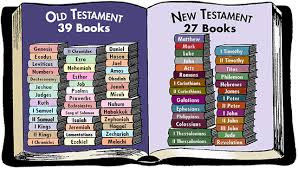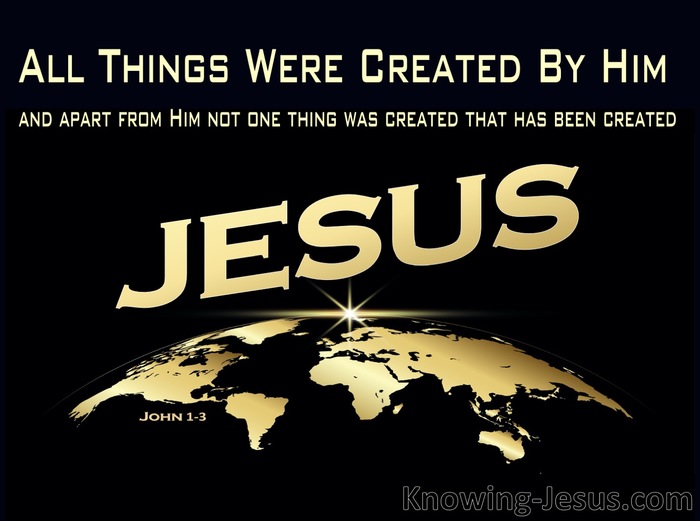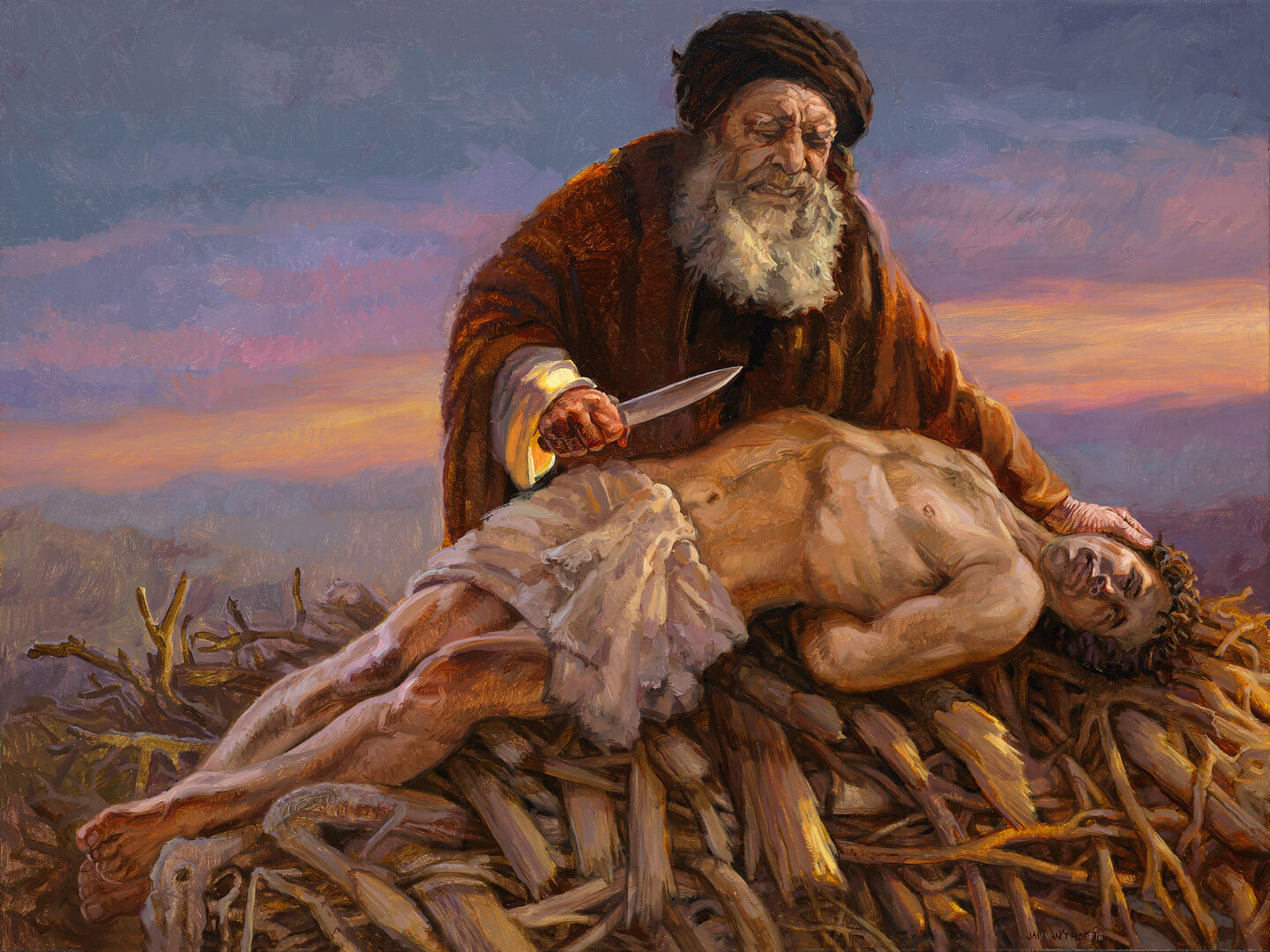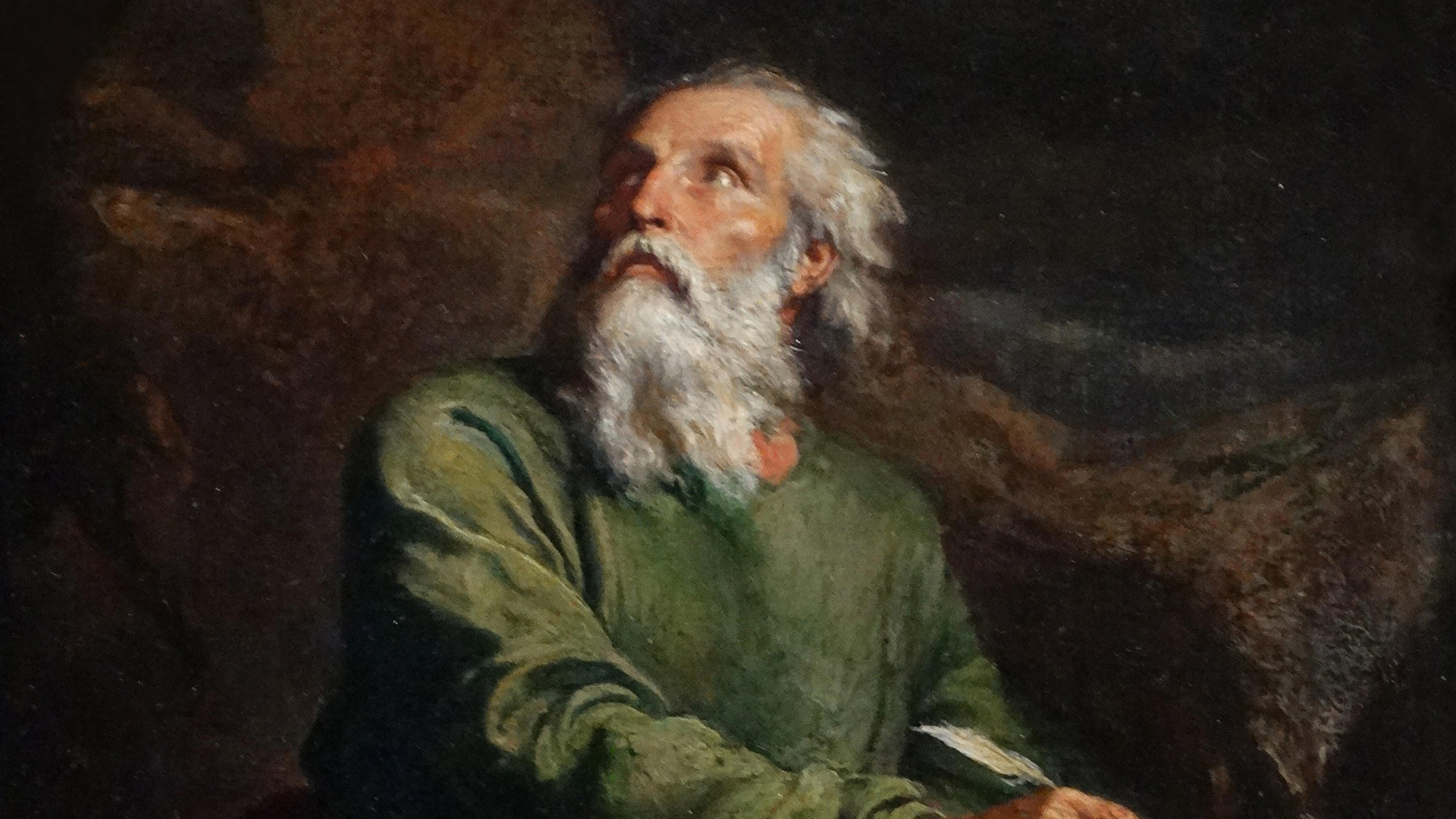
I met a man
Yet I never saw him
I must be strange you say
Or my vision dim
“Couldn’t be day
Or must have been night
To meet a man and not see him
Must be out of sight.”
You could meet him too
I’ll show him to you
In the Old Testament
As well as the New
“Do you mean Adam?”
No not at all
This man is unlike Adam
In that he didn’t fall
“Couldn’t be Abraham
Or Moses or Job
So who is this man?
Please ease my load.”
His name is Jesus
Surely you have heard
Or may have read about him
In God’s Holy Word

He’s in the New Testament
“That I have been told.”
Yes, but I will also show Him
Right there in the Old
Jesus is the Light
That’s a good place to start
Wherever he is
Darkness must depart
In him is no darkness
Only just light
He is the light source
And the prototype
“I am the light of the world”
He assuredly declared
In John 8 verse 12
Those exact words appear

He’s also the Word
Through whom all was created
In John chapter one
Right there it’s related
Jesus made references
To himself in the Old
So let’s start with the New
To see what there he told
Luke 24:27
And beginning at Moses
And all of the prophets
Jesus showed them the scriptures
About himself for their benefit
In Luke 24:44
He reinforces this
In his very words
So you shouldn’t miss
He references Moses’ law
The prophets and the psalms
Of course back in the Old Testament
He was not a man
“For had ye believe Moses
Ye would have believed me.
Moses wrote of me,” Jesus said.
Go to John 5:46 and you’ll see
For the only place in the Bible
Where a woman had seed
Go to Genesis 3 verse 15
And there you will read
A prophecy about Jesus
And of Salvation’s plan
That God would put into action
To redeem fallen man
In verse 20 of Matthew 1
The angel to Joseph revealed
That which was in Mary
Was of the Holy Ghost conceived
Abraham rejoiced
For having seen the Lord
When Jesus told the Jews this
It they greatly abhorred
Turn to John 8:56
See the narrative unfold
They said to him,
“You’re not even fifty years old.”
Maybe in the land of Moriah
Abraham had a glimpse
Or perhaps Melchizedek
Was is a plausible hint

On a mountain in Moriah
God stayed Abraham’s hand
Rather than slaying Isaac
In the thicket was a ram
Jesus would eventually come
To be the sacrificial Lamb
Isaac did not qualify
He was not the God-Man
Melchizedek met Abraham
When he was returning from battle
Of the spoils he gave him a tenth
See Hebrews the 7th chapter
Melchizedek was no mere man
His qualities clearly show
These were qualities of Christ
Check verses 1 through 4
Without father without mother
No beginning of days or end
Without natural descent
King of righteousness and of Salem
Not only King of peace
But a priest that abides continually
Made like unto the Son of God
Sounds like the I Am of eternity
Then there are the Messianic Psalms
They show the Christ so clearly
Psalm 22 is one for sure
Detailing his decease at Calvary
“I am poured out like water
And all my bones are out of joint
They pierced my hands and my feet.”
That’s enough to make the point
This was not David’s experience
But a prophecy of the Christ
The result of a miscarriage of justice
That would end in his sacrifice
“What think ye of Christ?” Jesus asked
And “Whose son is he?”
“The son of David,” was the reply
That came from the Pharisees
If David called Christ Lord
How could Christ be his son?
This baffled the Pharisees
For an answer there was none
The account is given in Matthew 22
From verses 41 through 45
It references the 110th Psalm
Of which David was the scribe
David had spoken in the Spirit
As Jesus himself explained
Right there in the Old Testament
We see the presence of Christ again

Isaiah must not be left out
For he also saw the Lord
Not the Father as thought about
But Jesus Christ the Word
He saw him upon a throne
That was high and lifted up
Isaiah 6 verse 1 and John 12:41
Go to those passages and take a look
Isaiah reveals more
Come with me and see
He speaks of Christ’s rejection
In Isaiah chapter 53
The entire chapter summarizes it
From the first verse to the last
The basic verb tenses are mentioned there
The future, the present and the past
“He shall grow up,” says verse 2
“He is despised and rejected,” verse 3
“He hath borne our griefs,” in verse 4
“He was wounded,” in verse 5 we see.
He was oppressed and afflicted
But his mouth he opened not
He was cut off from the land of the living
The transgressors’ penalty was his lot
In Jeremiah chapter 31
Reading verses 31 through 34
We see another reference to the Christ
Perhaps you didn’t see it before
It speaks of the New Testament
Right back there in the Old
Where God will forgive iniquity
And remember sins no more
“This cup,” Jesus says in Luke 22
“Is the New Testament in my blood:
As oft as you drink it
In remembrance of me you should.”
In the book of Leviticus
We read of feasts and festivals
Each one points to Jesus Christ
From Passover to the Feast of Tabernacles
The Passover speaks of his crucifixion
The unleavened bread of his sinless-ness
The Festival of first fruits is the resurrection
Of the King of righteousness
Festival of trumpets: Israel and the church
The Day of Atonement is yet future
Feasts of Tabernacles: the millennium kingdom
The rapture: no one knows for sure
Christ is the focus of each of these
In the Old as well as the New
The Old not only points forward to him
But he is right there in presence too
There are several Theophanies
Which depict Jesus in the Old
Let’s hear from the mouths of witnesses
Just as the scriptures have told
Maybe some would like to know
What Theophany really means
It’s a combination of two words
See from the following what you can glean
(Theo-) has to do with God
(-Phany) means to make manifest
Put together: what do we have?
A manifestation of God more or less
No man has seen God at anytime
Jesus makes this very clear
Jesus himself he has declared Him
To me that’s so precious and dear
With this in mind
Let’s sweep through the Old
Let’s seek out the eyewitnesses
And see what did unfold
In Daniel chapter 3:24 and 25
Into the fire three were thrown
But there was another the king confessed
And the Son of God was that one
In the night visions Daniel tells
He beheld one like the Son of man
For a description of this gripping scene
Read beginning at Daniel 7 verse 13
In the book of Judges and chapter 6
We read of the valiant Gideon
Seeing an angel of the Lord he was afraid
And felt that he was done
And the Lord said to him in verse 23
“Fear not thou shalt not die.”
I could imagine the relief he felt
Poor old Gideon must have sighed
Manoah and his wife had a similar experience
In Judges chapter 13
Like Jacob they had seen God face to face
And it was not in a dream
In Genesis 32
Jacob wrestled with God
And noted his life was preserved
Manoah and wife continued to live
But for a bit were disturbed.
An interesting thing about Melchizedek
Is in serving Abraham bread and wine
I guess being a priest of the most high God
He was looking forward to another time
For certainly Christ had not yet died
His coming would not be for a while
But this focus on the communion emblems
Could not be just for style
Luke 22:17-20
And Jesus took bread and broke it
“This bread is my body
Which is given for you
Do this in remembrance of me.
This cup is the New Testament
In my blood, which is shed for you.”
Melchizedek could not be a coincidence
This had to be the future in view
And how can we forget Isaiah
In Isaiah 9 and verse 6
Among the several titles for Jesus
The mighty God is in the mix
Jesus is not another God
For there is only one the Bible tells
He and the Father are one he says
Remembering that would do us well
One final Old Testament passage
Found in Zechariah 12 and verse 10
They shall look upon me whom they have pierced
This certainly had not happened then
No man has seen God at anytime
Jesus makes this very clear
Jesus himself he has declared Him
So that today we need not fear
These examples that I have given
Of Jesus in the Old Testament
Shows that he is its central theme
This was my sincere intent
Throughout all of the Bible
Jesus is its theme
The manifestation of God the Father
In both Testaments this is seen
Stewart Russell © October 2017
No comments:
Post a Comment